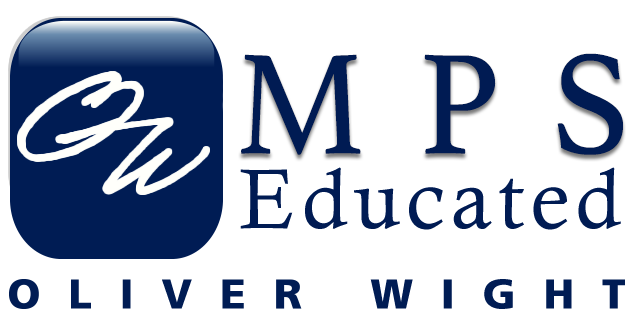
Master Planning and Scheduling, done well, provides optimized balancing of your supply network. Whether your network is made up of global integrated sources, third party sources or a single operation, assurance of supply begins with robust plans turned into achievable schedules.
In multi-source supply chain environments, particularly in those environments where a single product can be sourced from several locations, master planning is the process through which aggregate (family-level) supply plans, approved through the Integrated Business Planning process, are directed to the optimal supply point(s). This is based on tactical and strategic objectives such as cost, quality, proximity to customer base and regional market penetration initiatives.
Within your factories, master scheduling determines what the company plans to produce or procure, expressed in specific configurations, quantities, and dates over a well-defined planning horizon. The master schedule is the driver of material requirements planning and shop floor activities, the master of all schedules! When unanticipated demand or supply events occur (as they frequently do), the master scheduling process is a formal approach to managing change while maintaining stability in any manufacturing environment.
Still not sure if the MPS course is for you? Ask yourself the following questions:
- Does your company’s shop floor descend into chaos every time big sales orders are booked?
- Are your company’s buyers tired of expediting purchase orders?
- Did your company spend millions on ERP software, but the REAL planning system is spreadsheets?
- Do your company’s day-to-day operations seem disconnected from the supply chain or manufacturing strategy?
- Does anyone know the company strategy?
When master planning and scheduling processes are effective, the enterprise becomes more reliable, effective, and efficient. Customer orders are delivered on time. The amount of inventory to support those orders is optimized. Operating costs are reduced. Quality of life improves.
What Is the Master Planning and Scheduling Course
This two-day course teaches the mechanics of master planning and scheduling in multiple manufacturing environments. It focuses on useful techniques for integrating master plans and master schedules with the Integrated Business Planning process, demand plans, material requirements plans, and shop floor schedules. The course touches on the key behaviors needed, from leadership to the shop floor, to support master planning and scheduling.
What You Learn
The instructors practiced master planning and scheduling functions and led planning organizations in companies prior to joining Oliver Wight. They know what it takes to implement – and sustain – best practice master planning and scheduling processes.
Participants will learn:
- Proven techniques for master planning and scheduling in make-to-stock, make-to-order, and engineer-to-order environments.
- The integration between integrated business planning, distribution requirements planning, material requirements planning, and detailed production scheduling.
- How master scheduling plays a key role in Integrated Tactical Planning, the weekly process to manage near-term changes.
- Rough-cut capacity planning techniques to ensure schedules are realistic.
- The Oliver Wight Proven Path implementation approach to master planning and scheduling.
Instructors:
David Goddard Eric Deutsch


Value of the Master Planning and Scheduling Course
If your organization is considering the development of Master Planning and or Scheduling process, don’t start from scratch! Begin your MPS improvements with time-tested, proven sets of techniques. Learn from experts that both know best practices and have been master schedulers that achieved Class A performance. If you are, or desire to be, a master scheduler, don’t rely on an “on the job” approach for all of your training and continuous education. In the day-to-day stress of getting products “out the door,” it can be difficult to take the time to think about the way the planning processes are designed, much less act on that thinking. Many companies turn to technology for answers to their planning and scheduling problems. While tools are a vital component to master planning and scheduling success, without best-practice processes and people to configure and operate them, you get chaos at the speed of light.
The master planning and scheduling course enables people to re-think and re-design their company’s master planning and scheduling processes, roles, and responsibilities before investing in technology. Alternatively, suppose your company has already invested in technology and the company is not getting the return on investment that was expected. In that case, this course will give participants a better understanding of where the company may re-configure the software to support best practice master planning and scheduling processes to contribute to predictable and improved business performance and financial results.



